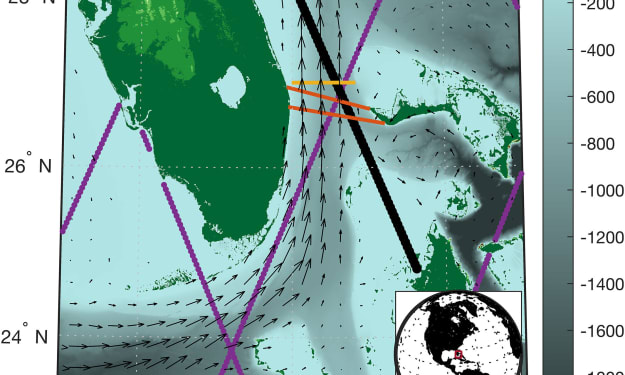The Paradox of Complexity: Study Reveals the Surprising Link Between Bird Evolution and Biodiversity
A recent study has cast a spotlight on one such surprising connection—birds that have evolved greater complexity are, paradoxically, less biodiverse.

The evolution of species is a never-ending journey, full of unexpected twists and turns, that is woven into the intricate fabric of nature like a tapestry. One such unexpected relationship has been brought to light by a recent study, which found that birds that have evolved to be more complex are, ironically, home to a smaller variety of species. This new information calls into question everything we thought we knew about biodiversity and the mechanisms that shape it.
The Catch-22 of Complicated Matters
There are over 10,000 different kinds of birds, and they can be found in a broad variety of habitats, ranging from tropical rainforests to arctic tundras. The world of birds is extraordinarily diverse. In the context of the evolution of birds, what exactly do we mean when we talk about "complexity"?
In the context of this research, the term "complexity" refers to the evolution of specialized characteristics and adaptations that provide birds the ability to thrive in specific ecological niches or settings. For instance, the long beaks of hummingbirds are used for eating on nectar, and the feet of birds of prey have particular adaptations that help them hunt.
The Results of the Research
The evolutionary history of birds was investigated by a group of researchers, who examined data on the birds' physical and ecological characteristics over a period of millions of years. Their findings were both exciting and unanticipated: birds that had acquired greater complexity in specific features tended to have fewer species in their evolutionary history. This was a conclusion that was both intriguing and unanticipated. To put it another way, higher levels of specialization and complexity were found to be associated with lower levels of biodiversity within a group of birds.
Unraveling the Mystery of the Paradox
The received understanding of biodiversity is called into question by this apparent paradox. In general, we may anticipate that more complex adaptations would result in a greater ecological diversity and a bigger number of species. This would be consistent with the hypothesis. According to the findings of the study, however, severe specialization may result in an evolutionary dead end, so limiting the capability of a group of birds to diversify and adapt to new surroundings.
Why does complexity put a limit on the amount of biological diversity?
Several variables may be responsible for the correlation between complexity and biodiversity, including the following:
Saturation of the Niche Highly specialized birds may already occupy the most favorable niches within their environments. This phenomenon is referred to as niche saturation. Because of this, there will be fewer opportunities for new species to evolve and fill those niches in the environment.
Rigidity: Excessively specialized adaptations might make a group of birds less adaptive to changing environmental conditions, hence lowering their chances of survival in the face of shifts in the ecological environment.
Competition: Highly specialized bird species may be put up against significant competition from other specialized species for few resources. This might ultimately lead to competitive exclusion, which occurs when one species outcompetes and supplants another.
Implications for the Protection of Resources
The importance of gaining a better understanding of the relationship between complexity and biodiversity to conservation efforts cannot be overstated. According to the findings of the study, species of birds with a high degree of specialization may be more susceptible to the effects of environmental shifts and less resilient in the face of habitat loss or climate change.
By using this information, conservationists and policymakers can give more priority to the protection of species with specialized features, thereby acknowledging the particular functions that these species play within ecosystems. In addition, attempts to maintain biodiversity should take into account the possible dangers posed by high levels of specialization within individual species.
The Overarching Context
This study serves as a timely reminder that the variety of life on Earth is the product of a complex and, at times, ill-defined interaction between a number of elements. Even though complexity may confer some benefits in some ecosystems, there is a risk that it will hinder the capacity of species to adapt to their surroundings and advance over time.
It is vitally important that we have an attitude that is receptive to the unanticipated and that we have an appreciation for the wonderful ways in which life on Earth has developed and diversified as we continue our efforts to investigate and comprehend the natural world. We are encouraged to explore the mysteries of our world with a sense of both humility and curiosity by the fact that nature, with all of its complexities, contradictions, and unexpected occurrences, is a never-ending source of wonder and inspiration.
About the Creator
Stephen Keith B. Labto
Keith's transition from computer engineer to passionate writer was unique. Keith's curiosity and imagination pushed him to try something new. He invites readers to explore knowledge's various and beautiful landscapes one word at a time.
Enjoyed the story? Support the Creator.
Subscribe for free to receive all their stories in your feed. You could also pledge your support or give them a one-off tip, letting them know you appreciate their work.






Comments
There are no comments for this story
Be the first to respond and start the conversation.